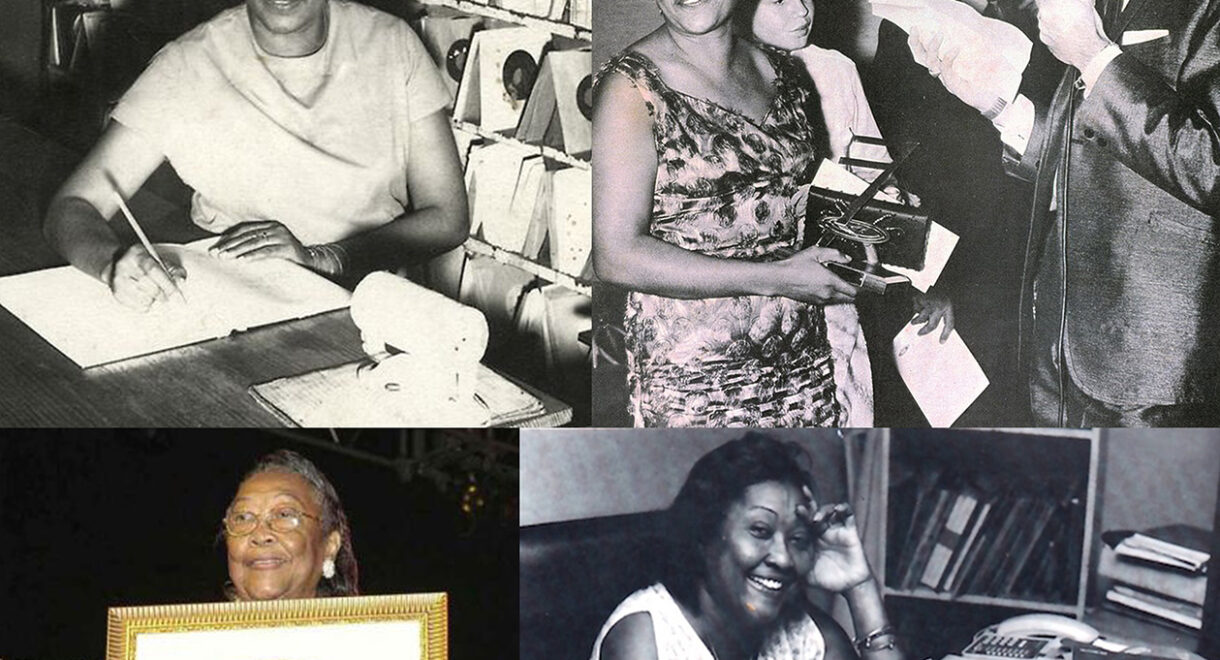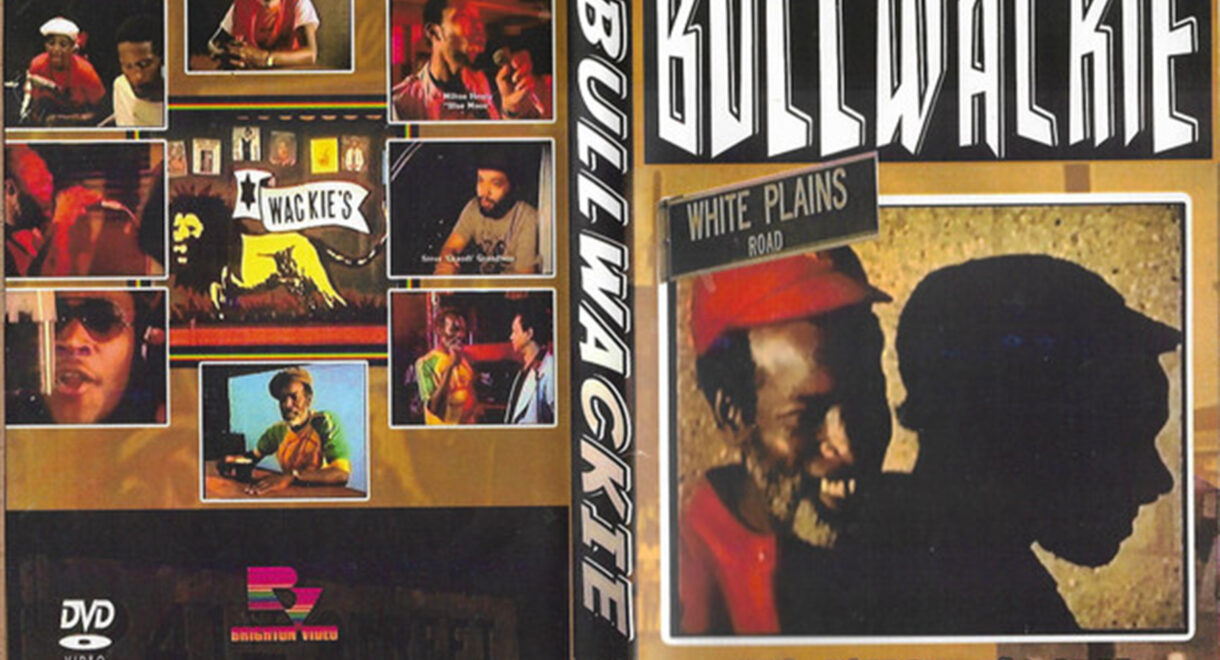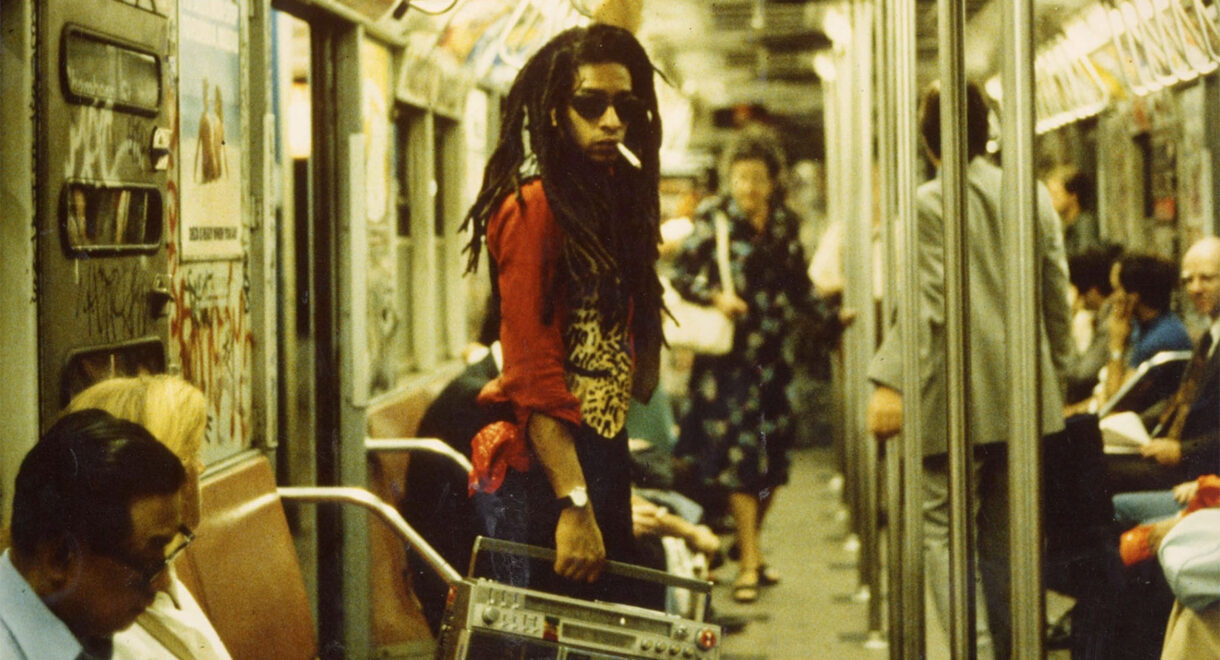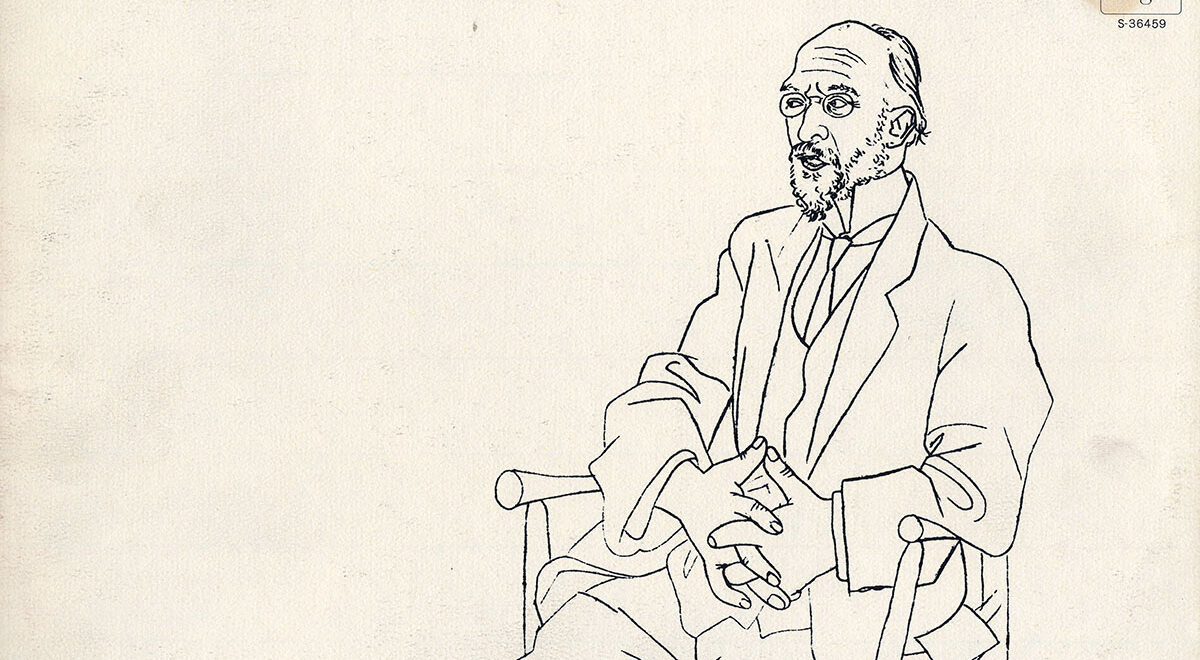The forecast is ominous: Sometime on Wednesday, the massive Hurricane Beryl, currently a category 4 storm, will likely hit Kingston, Jamaica with sustained winds of more than 145 […]
45 years of ‘Heart of the Congos,’ the classic Lee ‘Scratch’ Perry-produced roots reggae album

Considered one of the great albums of the 1970s, it’s a mystic Rastafarian ode to Jah.
The refrain arrives as if the singing narrators are announcing a new superhero. “Out of Africa comes the Congo Man,” wail “Ashanti” Roy Johnson, Cedric Myton, and Watty Burnett, known collectively as the Congos, on their deep, dark roots reggae album “Heart of the Congos.” Instead of super-powers, though, Congo Man is armed “with psalms, and songs, of praises” — and more than enough wrath for all you heathens.
Currently celebrating its 45th anniversary, “Heart of the Congos” was gleefully, wildly produced by Lee “Scratch” Perry at his Black Ark compound. Many (rightfully) argue that the album is Scratch’s best work, dense as it is with bells, whistles, bass, wood blocks, bass, riddem, mysticism, sandpaper blocks, bass, drums, reverb, bass, slowed-down samples of a wailing baby, Ernest Ranglin’s spooky, echoed guitar work, and, of course, bass.
That haunting nature was likely one reason why director Jordan Peele tapped “Fisherman” for use in his recent horror flick “Nope.” As in the film, “Heart of the Congos” moves as though a storm cloud were hovering over Black Ark, ready to rain down God’s wrath.
Asked about the creation of “Heart of the Congos,” Myton told Reggae Vibes that it was a casually arranged project. “We go over there one day and he was glad to see us and I show him … we had some works to be done. Him seh ‘Come in now. Anytime we can work,’ so we just go in the studio. Some of the songs were written right there, on the spot there. Songs like, mainly, ‘Ark of the Covenant’ was written right there. But he was the one that give us the idea still, I just sang of ‘The Ark.'”
Myton added that ‘Ark of the Covenant’ came quickly: “right there and then I just wrote that song the same day, make the song and finish it, the song about the ark. But one of the first songs was really ‘Solid Foundation.’ That was carved out for the Congos’ work. ‘Solid Foundation’, ‘Judgement Time’ was another one, ‘Open the Gate’, ‘Congoman’ and ‘Can’t Come In,’ y’know.”
Speaking to the Quietus, Ashanti Roy said that “it took three years to make that record because Lee is a man who likes to work and work and work. And then listen. And then work some more. Because he is a man who likes perfection.” Ashanti Roy added that he and his bandmates worked diligently on their floating harmonies, describing the trio as being at the Ark “all the time. Every single day we were in the studio to share our vibes with each other.”
Myton added, “Let me tell you, we did a great part of the work but Lee ‘Scratch’ Perry did a great part of the work too. Two thirds of the work on that album was us, but the next third was down to Lee ‘Scratch’ Perry, trust me.”
As we write in our catalog notes, “Heart… was originally released in scarce quantities on … Perry’s own Black Art label and was all set to have an overseas release on Chris Blackwell’s Island Records. Interestingly, due to various reasons, one possibly being Chris Blackwell not liking the album, Heart… was not widely released and remained on the shelves for years… When asked about not issuing the album, Blackwell said, ‘I remember at the time thinking that there was one great track and the rest of it was weak.’ Numerous reissues have surfaced over the years with various mixes, some sounding better than others, while the original Black Art pressing remains one of the great holy grails of roots reggae.”
As someone lucky enough to possess an original Black Ark pressing — if it’s any consolation, the Blood & Fire reissue sounds better — it remains a constant. I never tire of it. It reveals more with each listen, as if the secrets it possesses seep out gradually, wisps of smoke from burning embers that wend in breeze-blown patterns.
For me, it’s not only a holy, heavy-as-a-boulder roots reggae record and the archetypal Black Ark production, it offers sonic sustenance and comfort while conveying fire-and-brimstone lyrics about children crying in the wilderness, a lost soul living “down in the dungeon,” a lone fisherman returning with a bounty ready to “come ashore to feed the hungry belly ones.”
On “Sodom and Gomorrow,” the trio sing of the Biblical cities that Jah laid waste to, of “seven golden candlesticks in the King’s palace — he smoke his chalice.”
“So he keeps on burning / While the table keeps turning,” they continue, conveying the message as if hand-delivered by their maker.
They’re at the turning point
They’re at the turning point to reality
They keep on burning.










